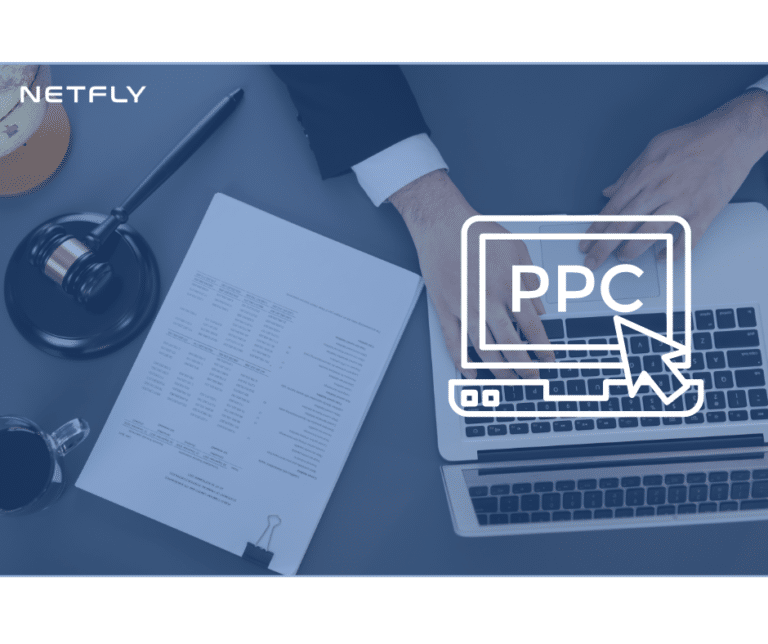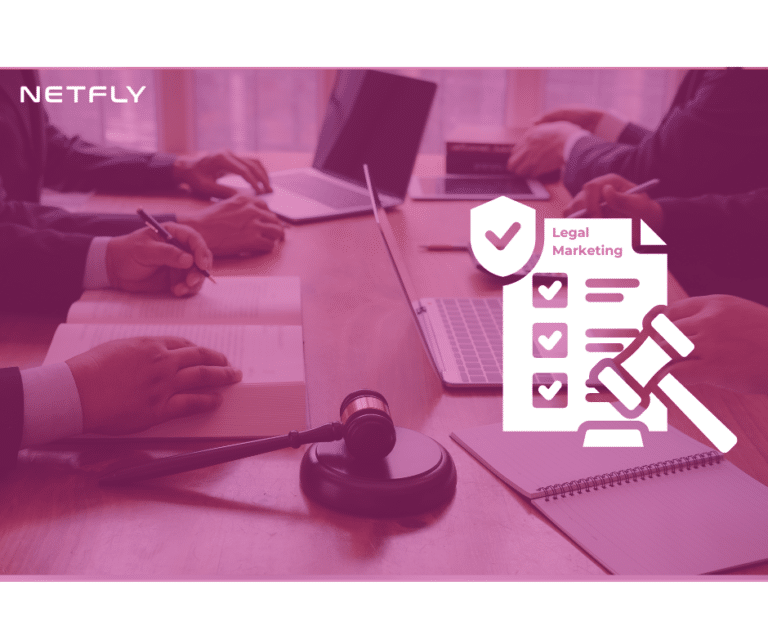Lead generation strategies for personal injury lawyers are essential to maintaining a steady stream of clients in an increasingly competitive market. By employing a mix of digital marketing tactics, optimizing online presence, and building robust referral networks, lawyers can effectively attract and convert potential clients. Utilizing data insights to precisely target ideal clients and engaging them through personalized communication are also key components. However, the integration of technology, such as CRM systems and chatbots, adds another layer of sophistication. What specific techniques within these strategies can yield the highest return on investment for personal injury lawyers?
Key Takeaways
- Invest in Google Ads and PPC campaigns to increase visibility and attract potential clients searching for personal injury lawyers.
- Optimize your website’s SEO to rank higher for targeted keywords like ‘personal injury lawyer near me’ and capture organic traffic.
- Build referral networks with legal professionals and community organizations to gain a consistent flow of qualified leads.
- Offer free initial consultations and provide valuable information to build trust and convert prospective clients.
- Utilize CRM systems and chatbots for efficient client interactions and timely follow-ups to enhance lead generation efforts.
Digital Marketing Tactics
In today’s competitive legal landscape, personal injury lawyers can greatly enhance their lead generation by leveraging effective digital marketing tactics. One of the most impactful strategies involves harnessing the power of paid advertising. Google Ads and Facebook Ads offer targeted campaigns that allow lawyers to reach potential clients actively seeking legal assistance. By investing in pay-per-click (PPC) campaigns, law firms can guarantee their services appear prominently in search engine results, precisely when potential clients need them most. Studies show that businesses earn an average of $2 for every $1 spent on Google Ads, illustrating the potential return on investment.
Moreover, social media platforms such as Facebook, Twitter, and LinkedIn present unique opportunities for visibility and engagement. These platforms enable personal injury lawyers to share valuable content, such as client testimonials, case results, and legal tips, making their services more relatable and trustworthy. Social media advertising further amplifies this reach. Facebook’s advanced targeting options, for instance, allow lawyers to zero in on demographics, interests, and behaviors, ensuring their ads are seen by the most relevant audience.
However, it’s not just about paid advertising; social media organic reach is pivotal as well. Engaging with followers through regular updates, interactive posts, and responding to comments can build a community around the law firm’s brand. Data from Sprout Social indicates that 75% of people buy from a brand they follow on social media, underscoring the importance of an active presence.
Optimizing Online Presence
Building on the impact of digital marketing tactics, personal injury lawyers must also optimize their online presence to convert increased visibility into qualified leads. A robust online presence hinges on effective website SEO and strategic use of social media, both of which are vital in today’s competitive legal landscape.
Website SEO is the cornerstone of an effective online presence. By focusing on targeted keywords, personal injury lawyers can improve their search engine rankings, making it easier for potential clients to find them. For example, incorporating keywords like ‘personal injury lawyer near me’ or ‘car accident attorney’ can drive organic traffic to their website. Additionally, optimizing meta tags, creating high-quality content, and ensuring mobile-friendliness are essential components of a thorough SEO strategy. Data shows that websites appearing on the first page of search results capture 92% of all search traffic, underscoring the importance of SEO in lead generation.
Equally important is leveraging social media to enhance brand visibility and engagement. Platforms like Facebook, LinkedIn, and Twitter offer unique opportunities to connect with potential clients. By sharing valuable content, such as legal advice, case studies, and client testimonials, personal injury lawyers can build trust and authority in their field. Social media algorithms favor consistent and engaging content, so regular updates and interactions are key. Statistics reveal that 74% of people use social media when making purchasing decisions, highlighting its significance in attracting and converting leads.
Building Referral Networks
Building robust referral networks can greatly enhance a personal injury lawyer’s client base and credibility, offering a consistent flow of qualified leads. These networks are essential in expanding reach and establishing trust within the legal community and beyond. By forging strong relationships with other legal professionals, medical practitioners, and community organizations, personal injury lawyers can tap into new client pools that might otherwise remain inaccessible.
Participating actively in professional associations is a strategic approach to building these networks. Membership in organizations such as the American Bar Association or local bar associations provides valuable opportunities to connect with peers, share knowledge, and refer clients. Studies indicate that lawyers who are engaged in professional associations are more likely to receive referrals, as they are perceived as credible and well-connected within their field.
Client testimonials also play a pivotal role in strengthening referral networks. Positive feedback from satisfied clients can greatly enhance a lawyer’s reputation. When clients share their experiences, either through online reviews or direct recommendations, they effectively become advocates for the lawyer’s services. This word-of-mouth marketing is particularly powerful in the legal industry, where trust and personal recommendations carry substantial weight.
Moreover, forming alliances with non-competing law firms can be mutually beneficial. For instance, a family law attorney might refer a personal injury case to a specialist in that area, and vice versa. This reciprocal relationship ensures that clients receive the best possible representation, while both firms benefit from an expanded client base.
Utilizing Data Insights
Utilizing data insights can greatly enhance lead generation efforts for personal injury lawyers, complementing the robust referral networks they have established. By analyzing client demographics and case trends, law firms can pinpoint their ideal clients and tailor their marketing strategies accordingly. This data-driven approach not only improves the precision of targeting but also maximizes the return on investment for marketing expenditures.
Personal injury lawyers can leverage data analytics tools to gather detailed information about potential clients. Client demographics such as age, income level, location, and occupation can reveal patterns that inform targeted advertising campaigns. For instance, if data indicates that a significant number of clients are young professionals involved in car accidents, tailored social media ads focusing on this demographic can be highly effective.
Moreover, understanding case trends is important for identifying the types of cases that are most prevalent and profitable. Analyzing historical case data allows lawyers to determine which types of personal injury cases—such as slip and falls, medical malpractice, or workplace injuries—yield the highest success rates and settlements. This insight enables firms to focus their marketing efforts on attracting cases that align with their strengths and expertise.
Data insights also facilitate predictive analytics, allowing firms to anticipate future trends based on historical patterns. For example, if there is a seasonal increase in workplace injury claims, law firms can proactively adjust their marketing strategies to capture this surge in demand.
Engaging Prospective Clients
Effectively engaging prospective clients requires a multifaceted approach that combines personalized communication, educational content, and strategic follow-ups. Personal injury lawyers must prioritize client engagement by demonstrating empathy and understanding of the client’s situation. Personalized communication can greatly enhance the client experience. According to a recent survey by HubSpot, 76% of consumers expect companies to understand their needs and expectations. As a result, personal injury lawyers should tailor their interactions to address specific concerns and circumstances of each potential client.
Informative content is another vital element. By providing valuable information through blog posts, webinars, and social media, lawyers can position themselves as trusted authorities in the field. A report by Demand Gen found that 47% of buyers viewed three to five pieces of content before engaging with a sales representative. Hence, offering in-depth guides on topics like ‘What to Do After an Accident’ or ‘Understanding Your Legal Rights’ can build trust and encourage prospective clients to seek a consultation.
Strategic follow-ups are essential to maintaining client engagement. Utilizing consultation strategies that include timely follow-ups can greatly increase conversion rates. Data from the Lead Response Management Study indicates that contacting leads within five minutes can be 100 times more successful than waiting 30 minutes. Automated email sequences, personalized messages, and follow-up calls can keep potential clients engaged and more likely to convert.
Frequently Asked Questions
How Can Personal Injury Lawyers Handle Client Intake Efficiently?
Personal injury lawyers can handle client intake efficiently by utilizing advanced intake software and thorough client screening processes. Intake software streamlines data collection, while client screening guarantees only viable cases proceed, optimizing resource allocation and improving overall efficiency.
What Are the Best Practices for Handling Client Reviews and Testimonials?
To handle client reviews and testimonials effectively, lawyers should utilize multiple review platforms and maintain proper response etiquette. They should respond promptly, thank clients, address concerns professionally, and highlight positive feedback to build trust and credibility.
How Should Personal Injury Firms Manage Their Case Workload?
To manage their case workload efficiently, personal injury firms should implement strict case prioritization and delegate tasks effectively among staff. Data shows that firms leveraging these strategies see a 30% increase in productivity and client satisfaction.
What Are the Ethical Considerations in Lead Generation for Personal Injury Lawyers?
The ethical considerations in lead generation for personal injury lawyers include ensuring client privacy and practicing transparent advertising. They must protect client information and provide clear, honest marketing to build trust and maintain professional integrity.
How Can Personal Injury Lawyers Stay Updated With Industry Trends and Changes?
Personal injury lawyers can stay updated with industry trends by leveraging legal technology and attending industry conferences. These methods provide critical insights, foster professional networking, and guarantee they remain at the forefront of legal advancements.
Conclusion
To sum up, personal injury lawyers can greatly enhance their lead generation efforts by leveraging a combination of digital marketing tactics, optimizing their online presence, and building robust referral networks. Utilizing data insights to target ideal clients and engaging them with personalized communication fosters trust and credibility. By adopting advanced technologies like CRM systems and chatbots, lawyers can streamline client engagement, ultimately leading to higher conversion rates and sustained business growth.










